6:00 Wake up
6:01 Lift the phone so the special alerts show and I can be sure the world still exists
6:02 Unplug the iPad to get back into bed and do the NYT crossword puzzles
6:30 Re-charge the iPad
6:31 Reconnect the phone in the living room and connect it to the Bluetooth speaker
6:32 Open up the laptop to work
7:30 Off for my walk with phone and AirPods in hand
8:00 Return from walk and recharge the phone
8:01 Move the AirPods case to the charger by the living room and move the phone to the charger by the dining table
8:02 Eat breakfast while listening to music I curate from my phone on the Bluetooth speaker while doing my jigsaw puzzles (Bonus: move the iPad to the dining table to work some more on my crossword)
8:30 Do finger strengthening exercises to counter the carpal tunnel from using the electronics
8:40 The Dance of the Electronics Continues
Now sprinkle in there:
- entering my password constantly because the phone has an automatic lock for safety reasons
- it’s time for a program update on the laptop
- the phone isn’t charging properly
- I forgot to put the AirPods back in their case the night before
- every time I do my crossword puzzles I have to sign back into the NYT site
- I don’t have enough laptop chargers because they’re expensive so I’m always digging behind the couch to un-plug one
- and on and on
What would we do without technology? And yet every day I find myself hating it at some point or another. I get to the point where I just can’t take it anymore. I feel like the relationship has soured and my technology is driving me rather than my using technology to improve my life. And I want to end the relationship.
How to Avoid Having to Pick Up the Pieces
I find that inflection point fascinating. If we could only see it coming and avoid it life would be so much better.
So, what the heck does this have to do with fundraising?!
It’s about the inflection point with our nearest and dearest donors. You know who they are. The donors who always come through. The donors who say “yes” every time you ask for help… and sometimes just offer it up when you weren’t expecting it. They’re amazing friends to the organization – the donors we know we can count on.
Unfortunately, even if we’re doing everything right, donors sometimes hit a wall and develop unforeseen issues. I’ve seen it happen recently at an organization where I consult. Though the donor said yes at the time, days later she complained that she found it a bit much that the organization had asked again on top of everything else. They didn’t see the inflection point coming and then had to pick up the pieces.
While we can’t see the inflection point until we hit it, we can do much more to make sure we don’t hit it.
Your Donor’s Love/Hate Inflection Point
The most important piece is asking if you can ask. It’s one of my top tips for fundraisers. Always ask if it’s the right time to ask and how the donor would feel being asked. And put it in a context.
With COVID-19, that context is about how they’re doing during the pandemic, whether they’re in a position to make gifts at this time, etc. Related to that is never making assumptions – in this case assuming someone won’t give:
“Diane, I know these are crazy times and that might mean it’s not a good time for you, but you’ve been a regular donor to us and I’m wondering whether we could talk by phone or video call about continuing your support this spring. What do you think? And I totally understand if it doesn’t work, but it would be so helpful to us if it does.”
When dealing with the donor who keeps on giving, how about this:
“Diane, I know you are the donor we can count on every time. You are always so generous, even when we haven’t asked, and I want to respect that while still letting you know of our needs. So, I want to take your lead and ask whether you feel you’re tapped out for now or whether you’d be interested in hearing about another way you could assist us. And please be honest. The last thing I would ever want to do is have you feel put upon in any way or taken for granted.”
Here’s another way to make sure you don’t hit the inflection point. Even when there isn’t a proposed ask, find out the donor’s expectations and wishes:
“Diane. You are one of those donors who always come through and we don’t want to take that for granted or come off as greedy in any way. Do you want us to keep coming to you when there are special needs at the organization? Or would you rather we just keep to the gift relationships we currently have with you? How would you like us to proceed so you feel the respect we have for you?”
If you let your donor drive the discussion, you’re pretty much guaranteed not to pass the inflection point and damage the relationship.
If only my laptop would say “Brian, if you use me again this afternoon I’m probably going to get wonky and lose the document you were working on. Would you rather take a break before that happens?”





